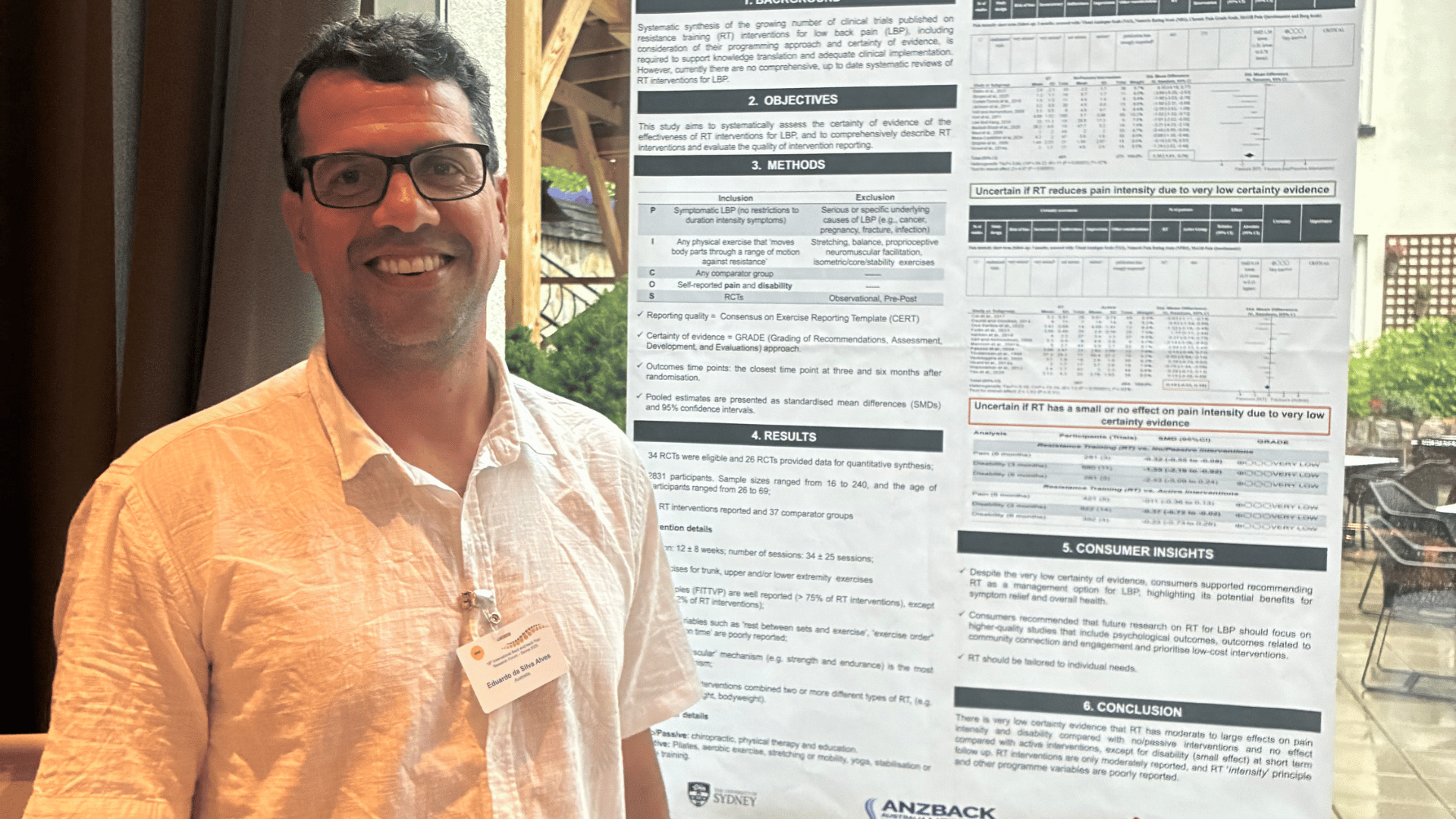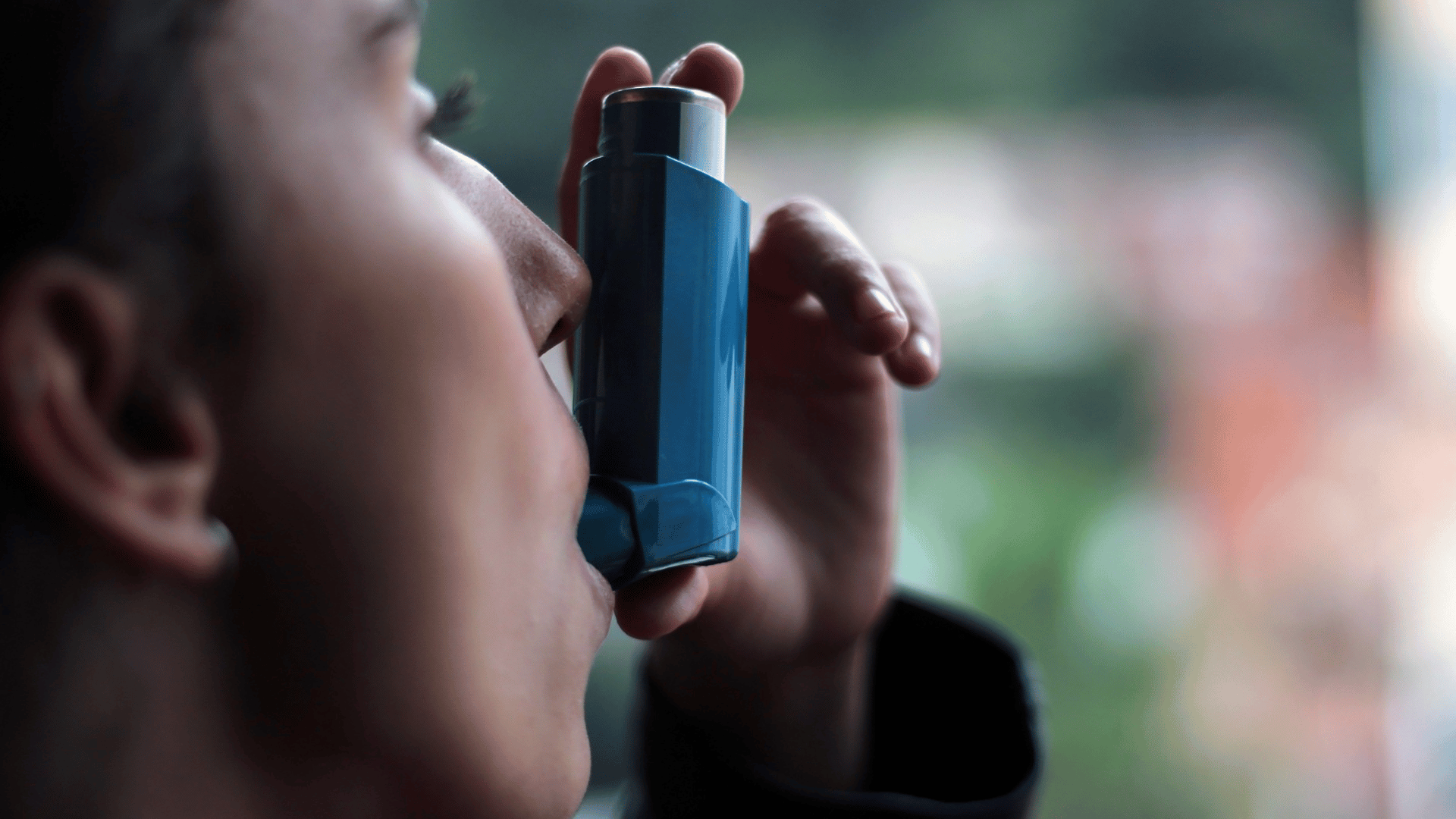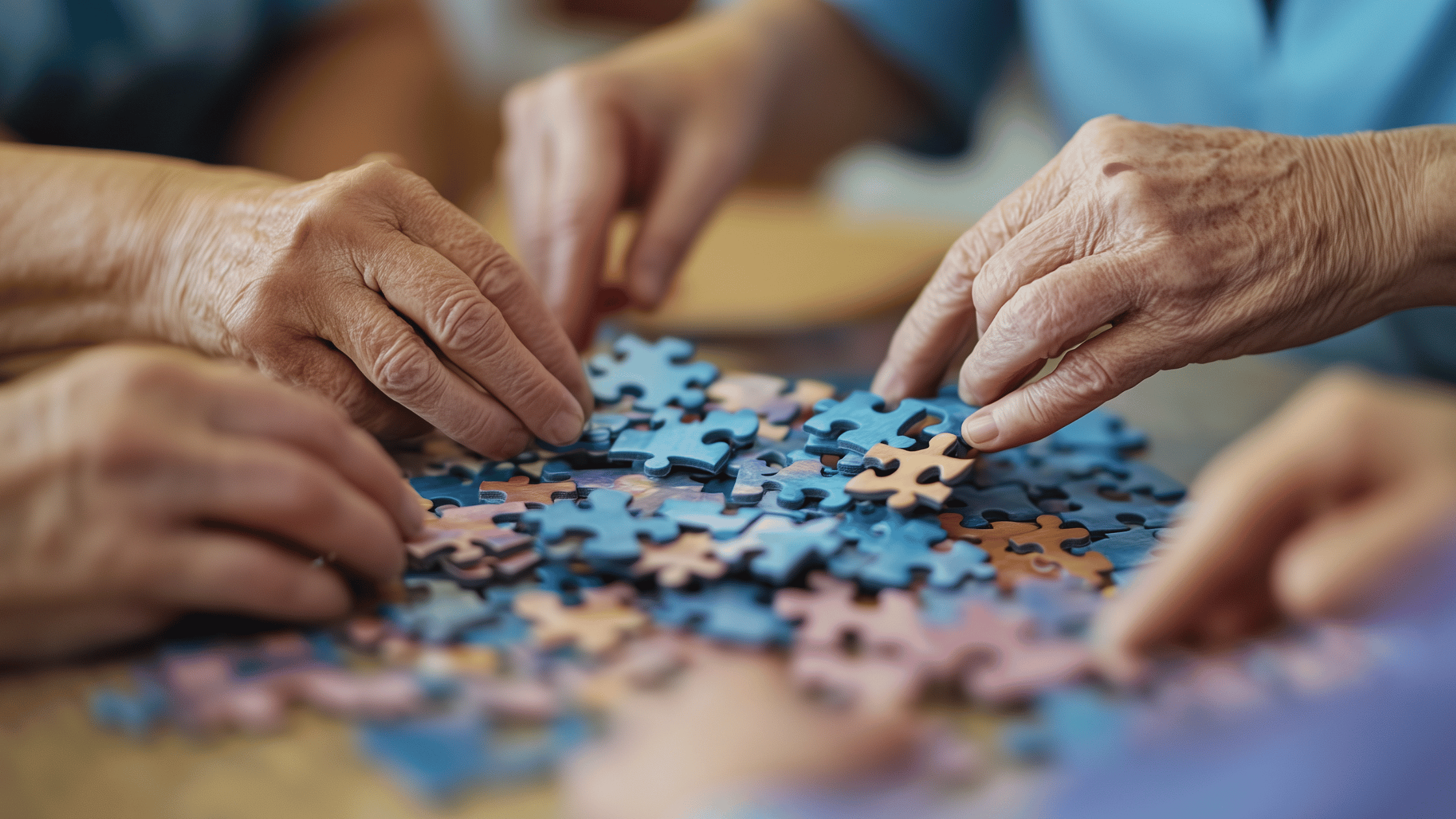
UCRH researchers share insights on the world stage
Two of our researchers have just returned from Switzerland, where they represented UCRH at one of the world’s leading forums on back and neck pain. Held in the scenic town
Search UCRH

Home Archives for UCRH Page 5

Two of our researchers have just returned from Switzerland, where they represented UCRH at one of the world’s leading forums on back and neck pain. Held in the scenic town

We’re proud to share that a UCRH medical student from our 2024 cohort, Maddi Eveleigh has led a published research paper that shines a light on an important issue: why people with

We’re delighted to announce that Dr Pramod Durgakeri has officially stepped into the role of Academic Lead for Surgery here at UCRH. Many of our students and staff will already

UCRH proudly joined a global community of Indigenous health leaders, researchers, and advocates at the 2025 Lowitja Institute International Indigenous Health and Wellbeing Conference, held last week under the powerful

A new study published in the Medical Journal of Australia has revealed just how much impact inhalers have on the environment, and how we can do better. This research was co-authored by former

In a new series for our website and quarterly newsletter, we are inviting contributions from others who share our commitment to health equity. From partners, practitioners, students and more, we

A groundbreaking new study published in the journal Women’s Health is bringing long-overdue recognition to the women who played a pivotal role in the Northern Rivers’ recovery from the catastrophic

We’re excited to reach a major milestone in an important project designed to upgrade to our Clinical Placement Management System. After working closely with our University of Sydney colleagues at

We’re proud to congratulate UCRH research fellows Alison Laycock and Aunty Lynette O’Donoghue, and former UCRH director Professor Ross Bailie on the publication of their new book, Primary Health Care and Continuous Quality Improvement:

A new nationwide study co-authored by UCRH researcher Dr Mohammad Hamiduzzaman has revealed major gaps in dementia care training for health and aged care workers in rural and remote parts